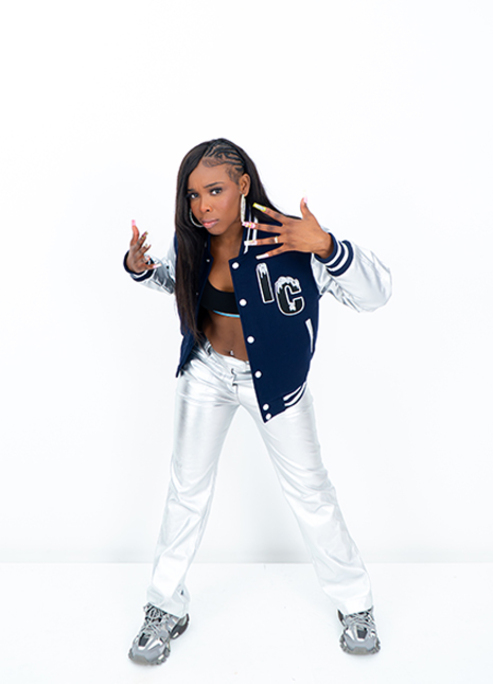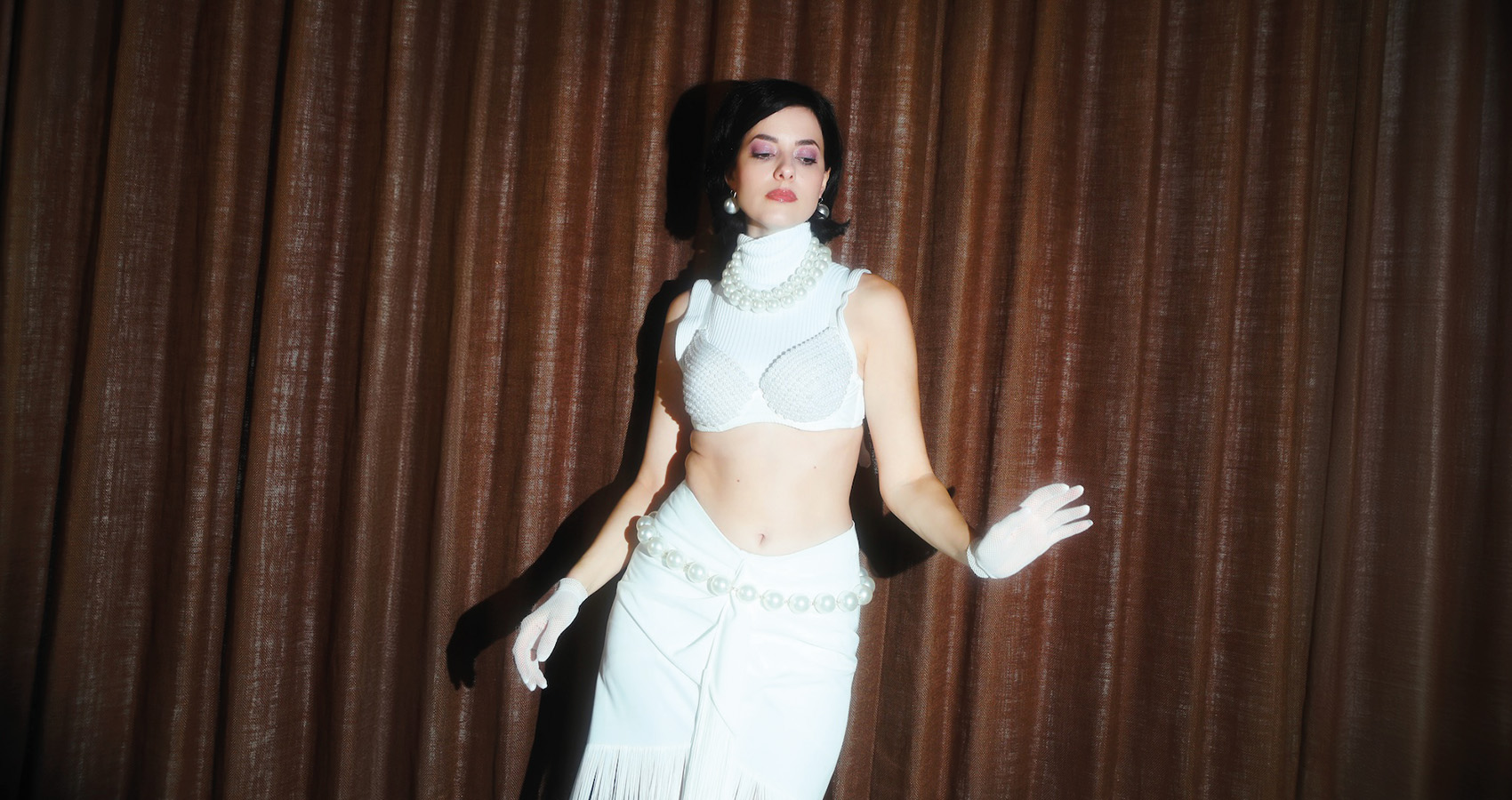
Lola Blanc On "Everybody," Blending Genres & Building An Empire On Her Own Terms
The alt-pop artist on vulnerability, horror as healing & reclaiming narratives.
As an artist who refuses to be boxed in—whether through music, film, or her acclaimed podcast—Lola Blanc has carved out a creative universe uniquely her own.
With the release of her haunting new single Everybody, she invites listeners into an emotional landscape of longing, performance, and self-examination.
In this conversation, she opens up about reclaiming narratives, the intersections of horror and healing, and what it means to build an empire on your own terms.
Lola, your new single Everybody explores the hunger for applause and external validation – what personal revelation led you to write it, and how does it differ from other emotional truths you’ve shared in past work?
It came from a revelation that isn’t new to me, but one I have to keep reminding myself of in the age of the algorithm: Validation seeking is a bottomless pit of a pursuit! I may get a hit of dopamine or temporarily feel reassured that I’m good, but it’ll never be enough, because firstly I’m a human person who’s going to make mistakes and it’s literally impossible to please everyone. But also those highs, when you do get them, wear off. Fast. The next tier of success is never as satisfying as it was in your head.
There’s an obsessiveness that comes with wanting to be perfect and have everything you do lauded by everyone, and the song is about the absurdity of deferring our happiness to some fantasy future that will never arrive.
In terms of past work, a lot of my previous music was rooted in anger. And I still have that inside me, especially now in our horrendous political landscape, but this song—like a lot of the new songs—is coming from a place that’s maybe a bit more self-reflective and less reactive.
The accompanying short film for Everybody has shades of Black Swan, Chicago, and vintage Hollywood horror. What did directing this piece allow you to express visually that the song alone couldn’t?
I’m obsessed with films about characters who destroy themselves to achieve their goals. This felt like an opportunity to tell a story about taking that desire for validation to its extreme with a character who does just that, and for me taking any idea to an extreme just sort of naturally leads me to horror. My good friend Danin Jacquay was supposed to direct initially, because she’s crazy talented and it can be too exhausting to direct myself, but the scheduling didn’t work out and in the end it felt so personal that I was grateful to have directed it.
My secret dream is to make a noir musical feature—not unlike those films you named—so it also felt like an opportunity to play within that kind of theatrical world.
Your creative universe spans pop songs, psychological thrillers, and a critically acclaimed podcast on cults. How do you compartmentalize—or consciously blend—those worlds as a survivor, artist, and storyteller?
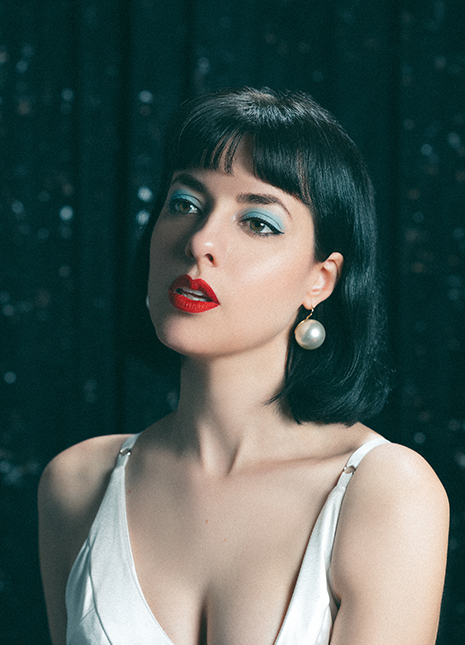
I really want to blend them! When I try to compartmentalize what I do, the other parts of me get really loud, and I’ve just accepted that all three are equally real components of my creative life.
So I’m trying to find more ways to combine music, film, and nonfiction discussions or ideas I’m interested in. The short film for my song Trust Me was a version of that—it’s exploring themes of manipulated perception that I talk about on my podcast, but in a music video that’s also a short film with dialogue. There’s a live show idea I’m toying with as well. It’s a hard nut to crack online because there aren’t many models for these things all together in one person, and social media algorithms really want you to just do one thing—but turns out I simply cannot. Oops!
You’ve called Trust Me your “therapy song,” rooted in OCD, anxiety, and derealization. In what ways has songwriting helped you reclaim the narrative around your mental health—and where has it challenged you?
I mean, once the painful thoughts or feelings are out and I can look at lyrics I’ve written about what I’m experiencing, it can help them transform into something I have more ownership over. That’s why I still need to make music, even though I often say my biggest goal is to make films. It’s a form of therapy for me.
There’s a theatricality to your music that’s rare—almost character-driven. When you step into a song like Angry Too or Everybody, do you see it as performance, or is it all versions of you finding new ways to speak?
For some reason, even though they are wildly theatrical, I really don’t see it as performance in terms of becoming a character. I’m authentically drawn to the most dramatic expressions of whatever I’m feeling. It feels like a film in my head, but a film in which I’m just being a version of myself—albeit one that’s maybe a bit more stylized or heightened.
You’ve talked about the parallels between cults and the entertainment industry. How has your podcasting work helped you recognize those systems, and what tools do you use to stay grounded in your own agency?
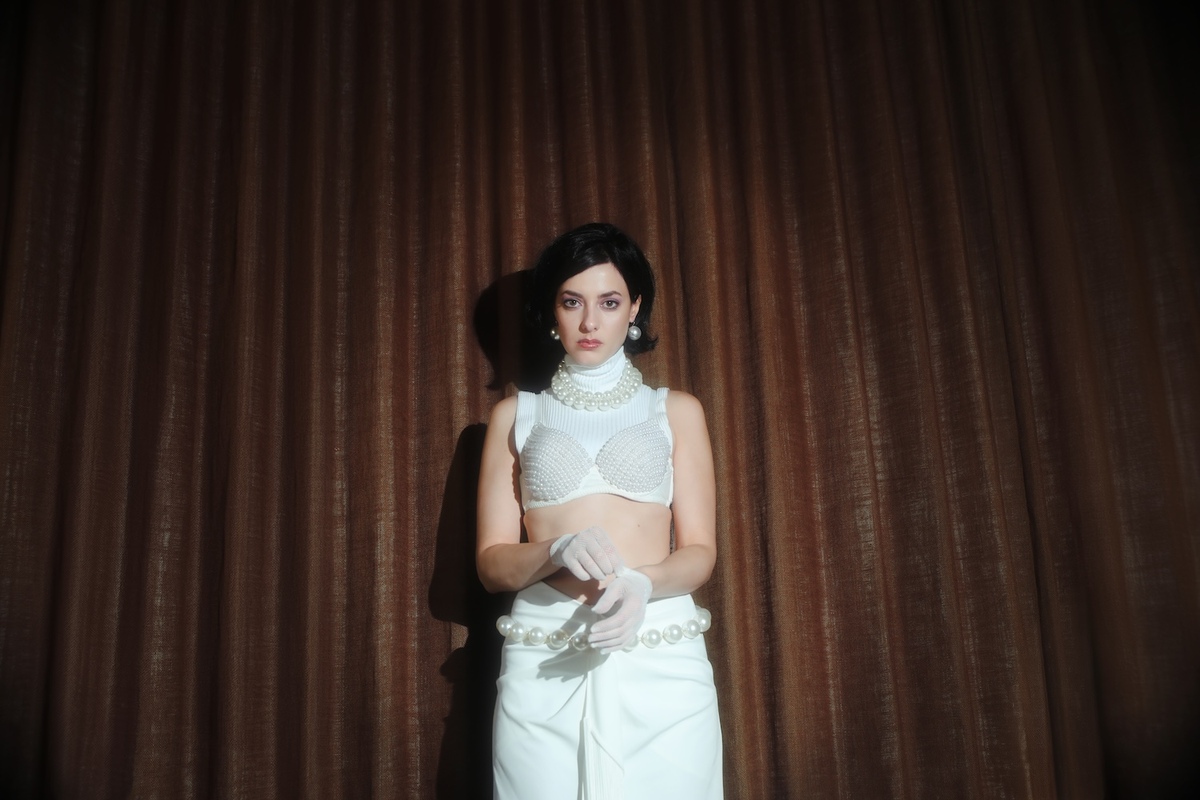
It’d be impossible to hear as many cult stories as we do and not start to recognize some of the patterns. Those systems exist in politics, in the industry, in religion, really in all parts of society. But it can be a fine line between not trusting untrustworthy leadership and not trusting anyone, and I’m always trying to find the balance because we do need to think critically, but we also really need community and to connect with each other as humans. I think the biggest tool in my toolbox is allowing myself to ask those questions when they come up, to make sure I have different forms of community that I can run things by, and to (try to) never close off to the possibility of a reality I didn’t see before.
Having written for artists like Britney Spears and ITZY, how does writing for others differ from writing for yourself—and is there a version of Lola Blanc that still surprises even you?
Most of my cuts with other artists actually began as songs for me! It’s rare that I’ve been in the room with the artist, but I would love to see what I could help facilitate for someone else to express what they’re going through. I could see that being fulfilling in a totally different way.
Across your short films—from Pruning to Trust Me—you dig into female identity through horror and surrealism. What draws you to horror as a lens for healing and truth-telling?
I’ve always been drawn to darkness and surrealism and I’ve never known exactly why. Maybe because it’s more visceral, and there’s more room to play with metaphor as a tool for exploring the pains of the human experience? Or maybe because it’s just more fun? But I could honestly totally see myself flipping and making a painfully realistic film at some point. I just want to make people feel something.
With 200M+ streams and 9M podcast downloads, you’ve built this empire on your own terms. What part of that journey are you most proud of—and what are you still fighting to protect?
Hoo boy, great question. I think I’m most proud that I’ve built as much as I have independently, and that I did so much of it in my 30s. I’ve never been on a full-service label, and most of my music has been independent. I never went to film school so I figured out how to make films on my own, and I had an idea for a podcast, so I created it. And of course, I’ve had help from lots of amazing collaborators and supporters. But it’s been a largely solo journey in terms of being outside of the system.
When I was young, I was convinced you couldn’t be successful unless you were under 25 and you had a huge team. But 25 came and went, and no one was handing me opportunities. So I learned to accept that, okay, maybe I’m not a “system person,” and maybe that’s okay. I can still create on my own and focus on what I’m really passionate about. And it’s still hard to believe any of it has resonated with anyone. Maybe the system will welcome me at some point; there’s obviously still so much room to grow, but I’m proud that I never waited for that permission to appear.
If Everybody is the prelude to your debut album, what kind of emotional universe are we about to enter? What themes—or demons—are you ready to face head-on in this next chapter?
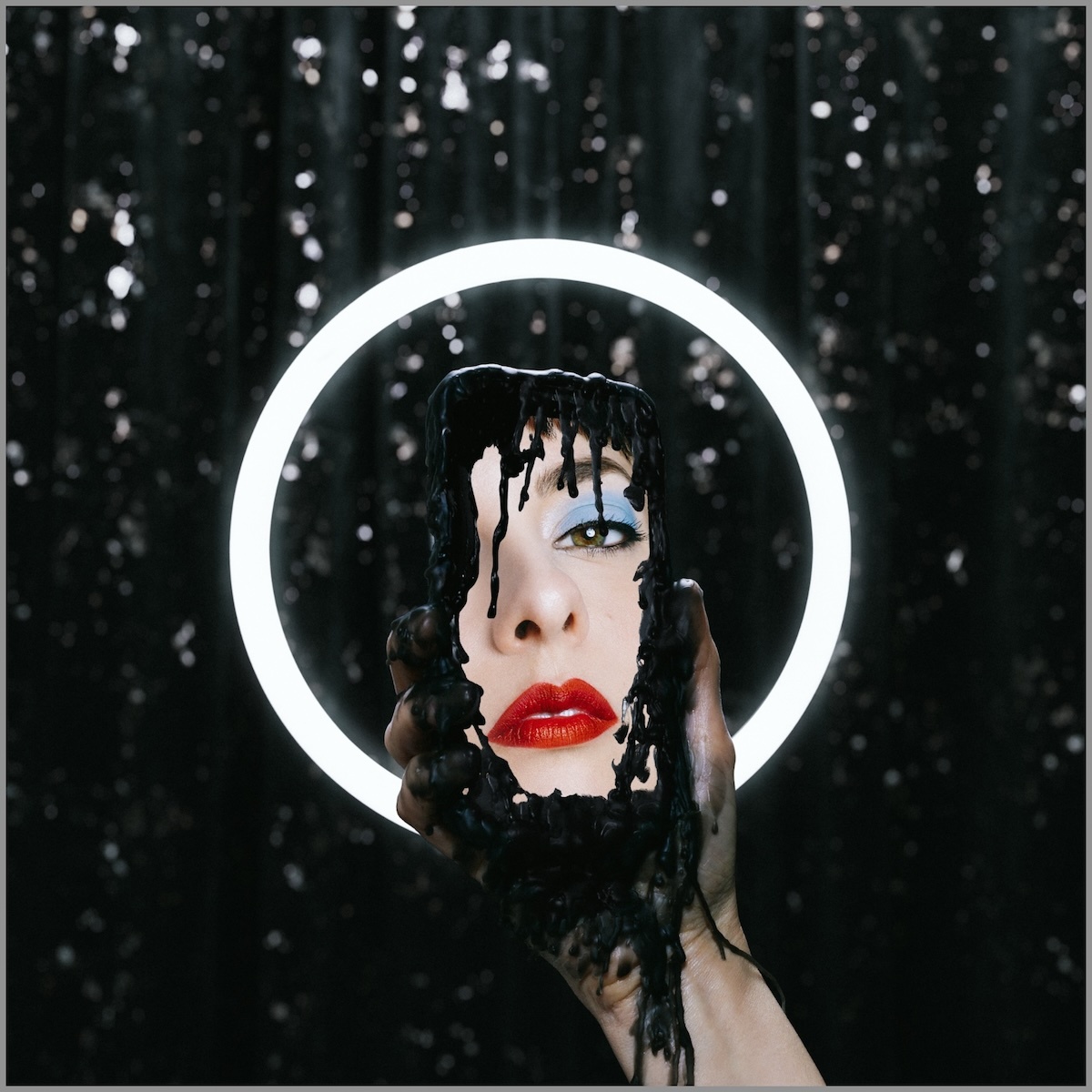
There are themes of performance and perception, with threads of dystopia and meditations on belief. And then just some really heartfelt songs about my personal life and love and loss. I can’t promise it’ll be the most uplifting album you’ve ever heard, but I can promise it’ll take you on a journey!
Conclusion
Lola Blanc is an artist who transforms discomfort into creation, alchemizing trauma, obsession, and ambition into something visceral and resonant. Whether she's dissecting cult dynamics or confronting the masks we wear in pursuit of love and recognition, one thing’s certain: she’s not done pushing boundaries—and she’s taking us with her.



